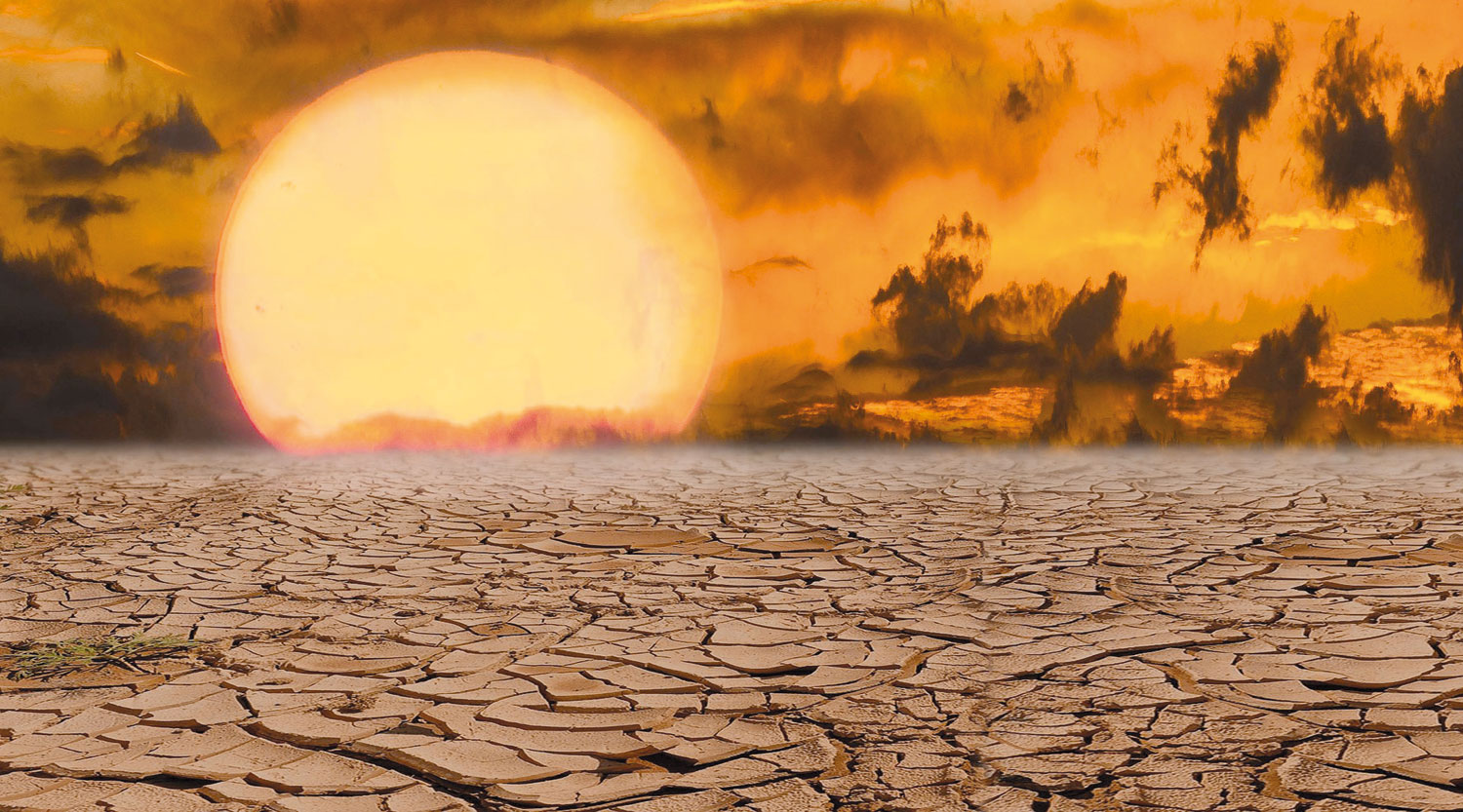

Cash handouts are the best way to support smallholder farmers struggling due to drought, but for farmers experiencing wetter weather, agricultural inputs such as fertilisers and pesticides help most, a new study has found.
As scientists predict changes in rainfall patterns as a result of climate change, the study’s findings could help countries and aid agencies tackle hunger more effectively.
The study, published on Friday in Scientific Reports, covers nearly 2,000 smallholder farms in 12 countries in West and East Africa and Asia.
Cash is critical in the short-term for farmers suffering from dry weather because “if your farm is lacking rainfall, it doesn’t matter if you have a variety of agricultural inputs or practices,” said Meredith Niles of the University of Vermont, a lead author of the study.
When rainfall is abundant, however, providing pesticides, fertiliser, veterinary medicines and livestock are the best ways to ensure farmers can salvage their harvests.
“This kind of information is what we all need to plan the most effective ways to deliver assistance,” said Peter Smerdon, a spokesman for the UN’s World Food Programme (WFP).
“For instance, when drought strikes in the Horn of Africa, many poor families have a very limited period before they lose all their assets and are plunged into destitution,” so cash support could buy them vital time, he said in an email.
Globally, there are about 460 to 500 million smallholder farmers, with limited resources in terms of labour, education, training and finance. Many are reliant on rain-fed agriculture, the study said.
They cultivate plots from less than one hectare to 10 hectares, producing up to 80 per cent of the food consumed in Asia and sub-Saharan Africa, according to the United Nations’ Food and Agricultural Organization. — Thomson Reuters Foundation
Oman Observer is now on the WhatsApp channel. Click here



